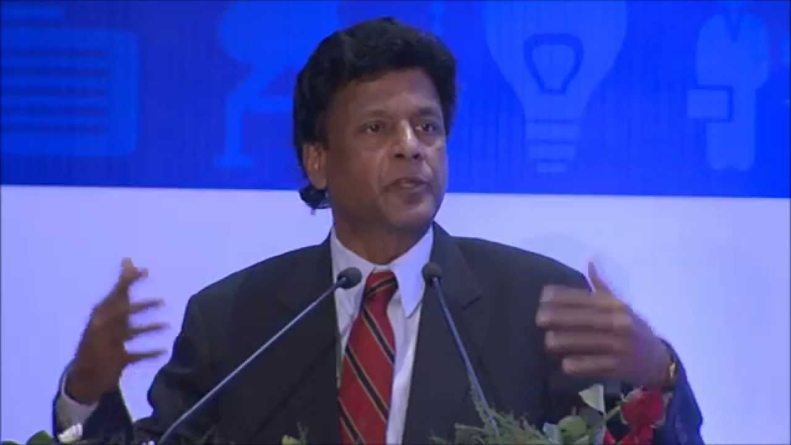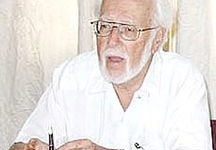For a new (sharing) political culture
By: RAVI DEV
As we enter the stretch to the elections ribbon of March 2, 2019, we witness a prime characteristic of politics in Guyana: a welter of new politicians, who insist that their programmes and ideas – all appearing full-blown from their brows and inscribed in elaborate “manifestoes” – will solve Guyana’s problems once they are elected to high office.
Not solve the problems together, mind you, but individually. They ignore that the incumbent “big parties” all started out the same way after one glorious moment of togetherness, and we’re yet no further out of our political morass than we were at independence.
We believe that, in a severely divided society like Guyana, such an approach is bound to fail. In societies such as ours, the prime prerequisite for new approaches to succeed is missing – a broad enough support base to obtain the legitimacy necessary for the necessary radical programmes to succeed. This would be true for almost any issue before the people, much less a whole new system of governance; not to mention a whole new political orientation.
So how does one proceed? Cautiously, we believe, by trying to build consensus rather than conflict.
In 1990, we outlined our approach in a paper called, “For a new political culture”. The bottom line, we asserted, was that the old politics of “we” against “them” had to go. But how could we get to the politics of “us”. First and foremost, we declared, by not pretending that we are a singular “us” at the present time; we have to work at it.
We might have become one at the Warriors game, but all bets were off once we left the stadium. We have to accept that we had inherited a state but not a nation. Has anything changed since then?
Not much fundamentally, but at least the PPP, and the PNC with its AFC appendage have been given the opportunity to demonstrate whether their way of going it alone could deliver “us” into the promised land with their ideas.
I do not think anyone doubts that we are very far from that happy state. The oil stakes seem to have polarised us further. We suggest that the new parties work to conduct a dialogue in which they place on the table the fears and hopes of the people they hope to represent, and work on building institutions and changing mindsets that could address the identified fears, to deliver the declared hopes.
We cannot forget that changes in moral and cultural consciousness precede changes in political behaviour. It would not move us forward if, rather than “discussion and deliberation”, we engaged in “polemics”. The French post-modernist Michael Foucault drew what he considered to be the “essential” distinction between entering discussion and engaging in polemics, which is very apropos to all of us at our historical moment: In “discussion”, participants implicitly understand commitments entailed by “the acceptance of dialogue”, and avail themselves only of rights that “are in some sense immanent” in the “dialogic situation” itself.
In “polemic,” by contrast, the intent is not merely “to wage war”, but to regard “that struggle as a just undertaking.”
The polemicist proceeds unconstrained by mutual rights and commitments, and treats each interlocutor not as “a partner in search for truth, but an adversary, an enemy who is wrong.
It appears that, unfortunately, the new parties are all poised to launch in polemics – if they have not already done so. It is not a road that should be travelled again. The PNC and PPP will be justified in considering them as gnats. The former will not become obsolete with any wave of the wand, whether by a fairy Godfather or even a combined Centre Force.
We are not sure they need to be obsolete.
What is needed is a recognition by the new parties that they should commit to work with them together, and not separately; and demonstrate this in their own cooperative activities. In working to build a Centre Force, the new parties will get the opportunity to expose the idea of a unified approach to these old formations.
This is how consensus is built – slowly, but surely.
A Centre Force can deny both the PPP and the PNC a majority in Parliament; can insist that both of them work together on a national programme, since the Constitution demands a majority vote to even spend a penny.






















